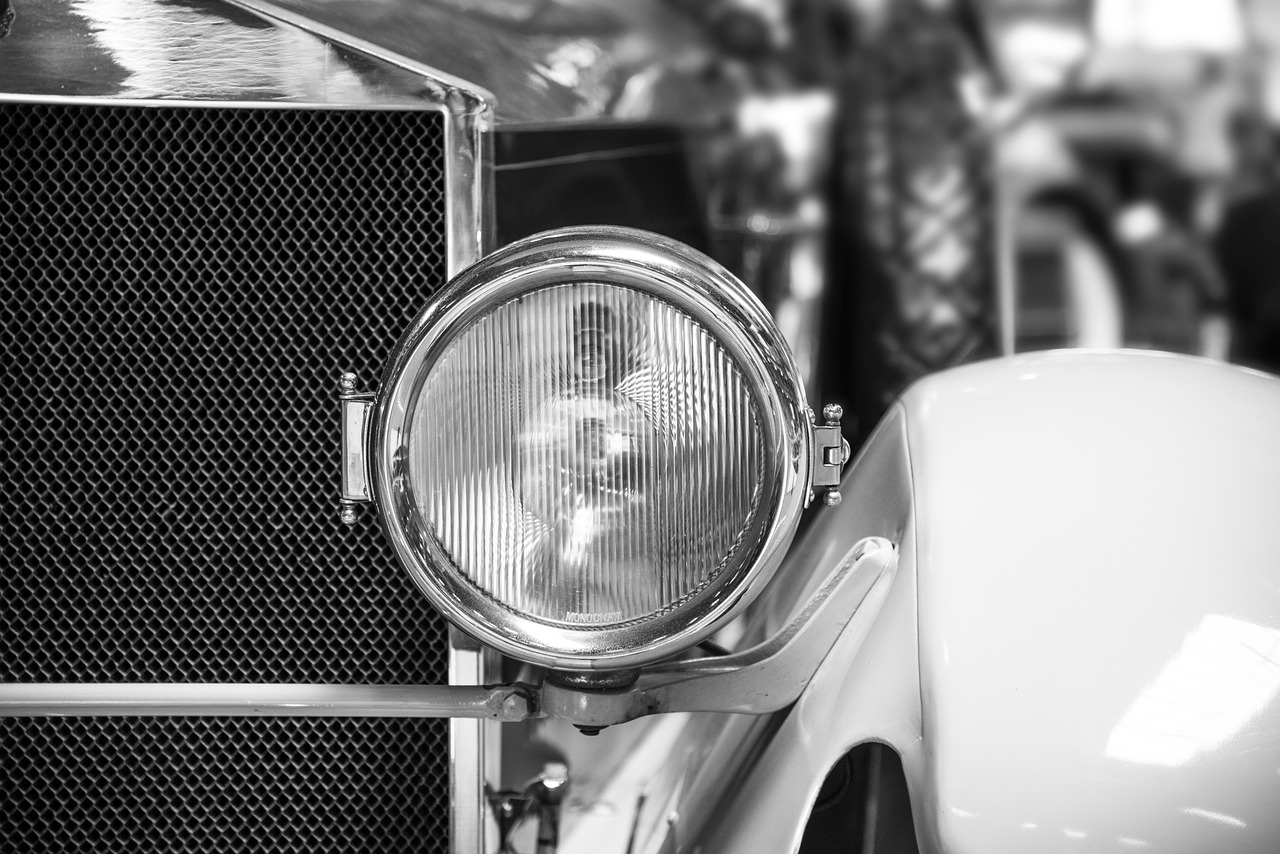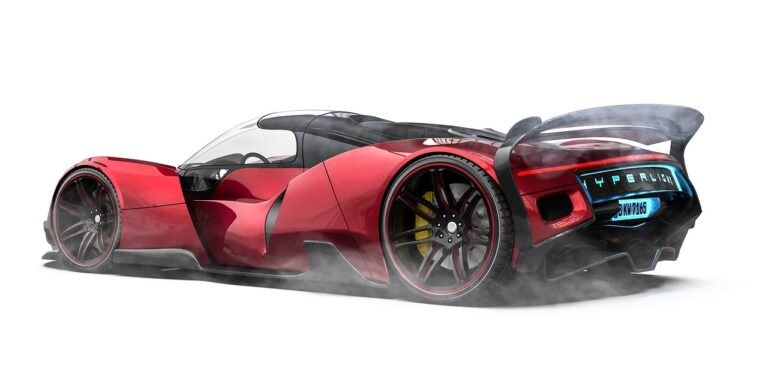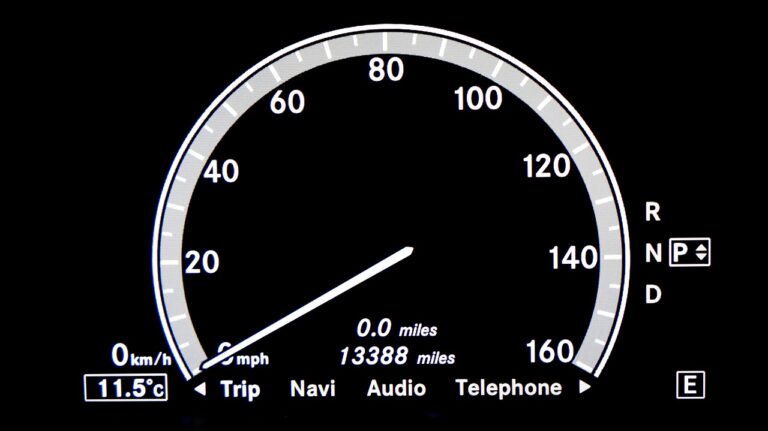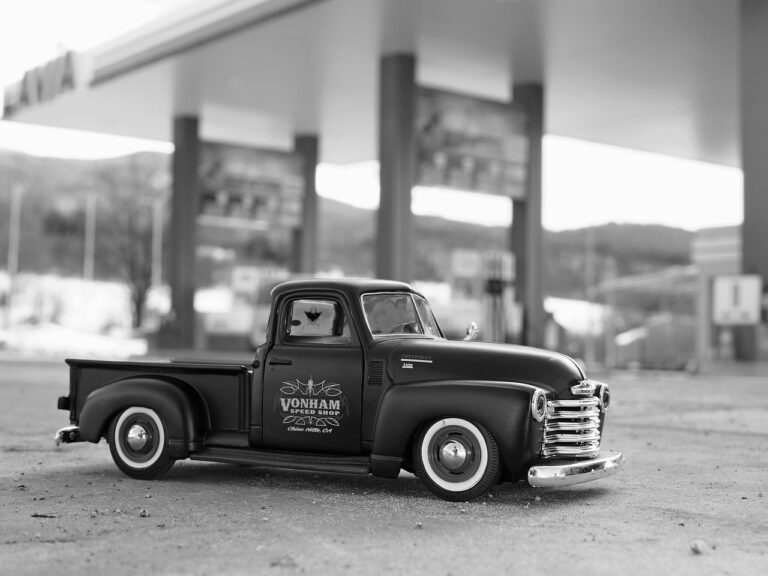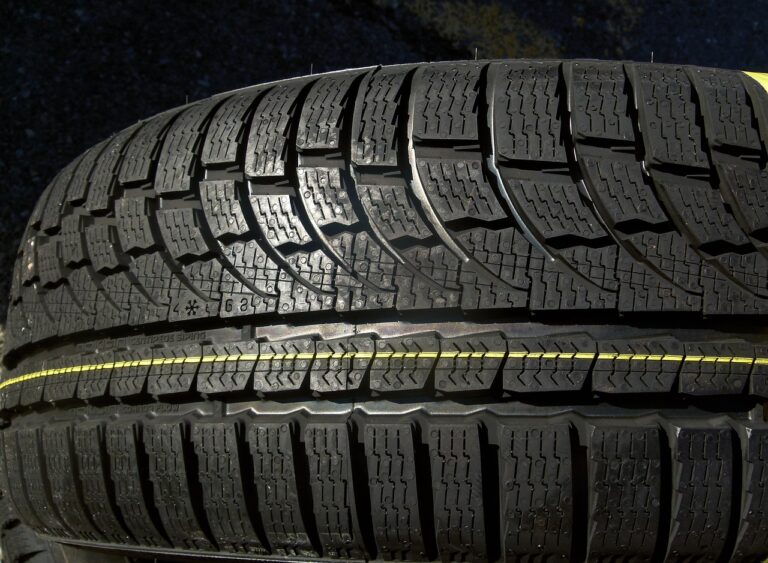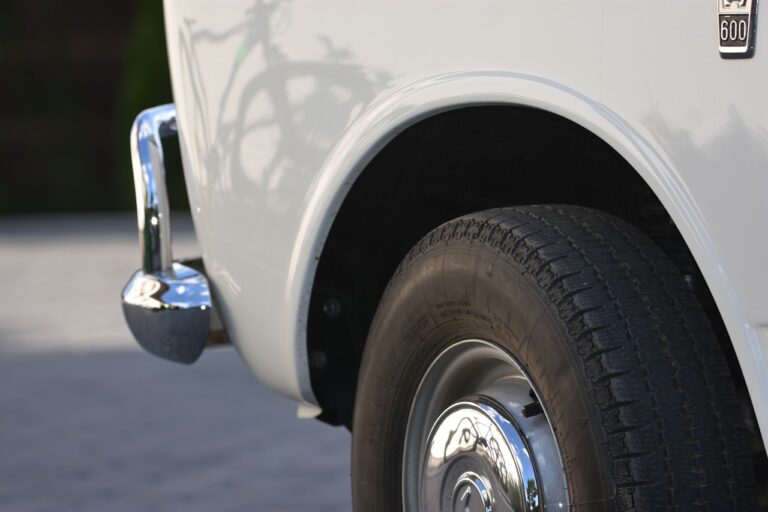Exploring the Heritage of Porsche: Engineering Excellence and Performance
Porsche’s legacy is deeply rooted in its founder, Ferdinand Porsche, a visionary engineer with a passion for innovation. Established in 1931, the German automaker initially focused on consulting and development work for other automotive companies. However, it wasn’t until the late 1940s that Porsche unveiled its first car, the iconic 356, which laid the foundation for a lineage of sports cars that would become synonymous with luxury and performance.
Over the years, Porsche continued to solidify its reputation for excellence through a commitment to cutting-edge engineering and precision craftsmanship. The introduction of the legendary 911 in the early 1960s marked a significant milestone for the brand, showcasing Porsche’s dedication to pushing the boundaries of automotive design and technology. With each new model, Porsche has remained at the forefront of innovation, blending timeless elegance with unparalleled driving dynamics to create a legacy that continues to captivate enthusiasts around the world.
Porsche’s founder, Ferdinand Porsche, was a visionary engineer with a passion for innovation
Established in 1931, the German automaker initially focused on consulting and development work for other automotive companies
The iconic 356, unveiled in the late 1940s, laid the foundation for Porsche’s lineage of luxury sports cars
The introduction of the legendary 911 in the early 1960s marked a significant milestone for the brand
Porsche has remained at the forefront of innovation by blending timeless elegance with unparalleled driving dynamics
The Origins of Porsche: From Design to Production
In the early years of Porsche, the emphasis was on precision engineering and sleek design. With founder Ferdinand Porsche at the helm, the company quickly made a name for itself in the automotive world. The transition from design to production was seamless, as Porsche’s commitment to quality and innovation drove every stage of the manufacturing process.
From the drawing board to the factory floor, every detail was meticulously planned and executed. Porsche’s dedication to craftsmanship and performance set it apart from other manufacturers of the time. This focus on excellence in both design and production laid the foundation for the brand’s enduring legacy in the automotive industry.
Innovations in Porsche Engineering: Advancements through the Decades
One of the key advancements that defined Porsche engineering in the mid-20th century was the introduction of the 356, the company’s first production automobile. Designed with a focus on performance and sleek aesthetics, the 356 featured a lightweight body and rear-engine layout, setting the foundation for Porsche’s iconic design language.
As Porsche continued to evolve through the decades, the company’s engineering innovations became synonymous with cutting-edge technology and precision. In the 1980s, the introduction of the iconic Porsche 959 showcased advancements such as all-wheel drive and advanced aerodynamics, cementing Porsche’s reputation as a pioneer in automotive engineering.
What are some key innovations in Porsche engineering over the years?
Some key innovations in Porsche engineering include the introduction of the first Porsche car, the development of the first turbocharged engine in a production car, and the implementation of advanced aerodynamics in their sports cars.
How has Porsche’s engineering evolved over the decades?
Porsche’s engineering has evolved significantly over the decades, with advancements in materials, technology, and design leading to faster, more efficient, and more advanced vehicles.
What sets Porsche engineering apart from other car manufacturers?
Porsche engineering is known for its focus on performance, precision, and innovation. The company has a long history of pushing the boundaries of automotive engineering and creating some of the most iconic sports cars in the world.
How has Porsche’s engineering heritage influenced the automotive industry as a whole?
Porsche’s engineering heritage has had a significant impact on the automotive industry, setting benchmarks for performance and innovation that have inspired other manufacturers to push the boundaries of what is possible in car design and engineering.

